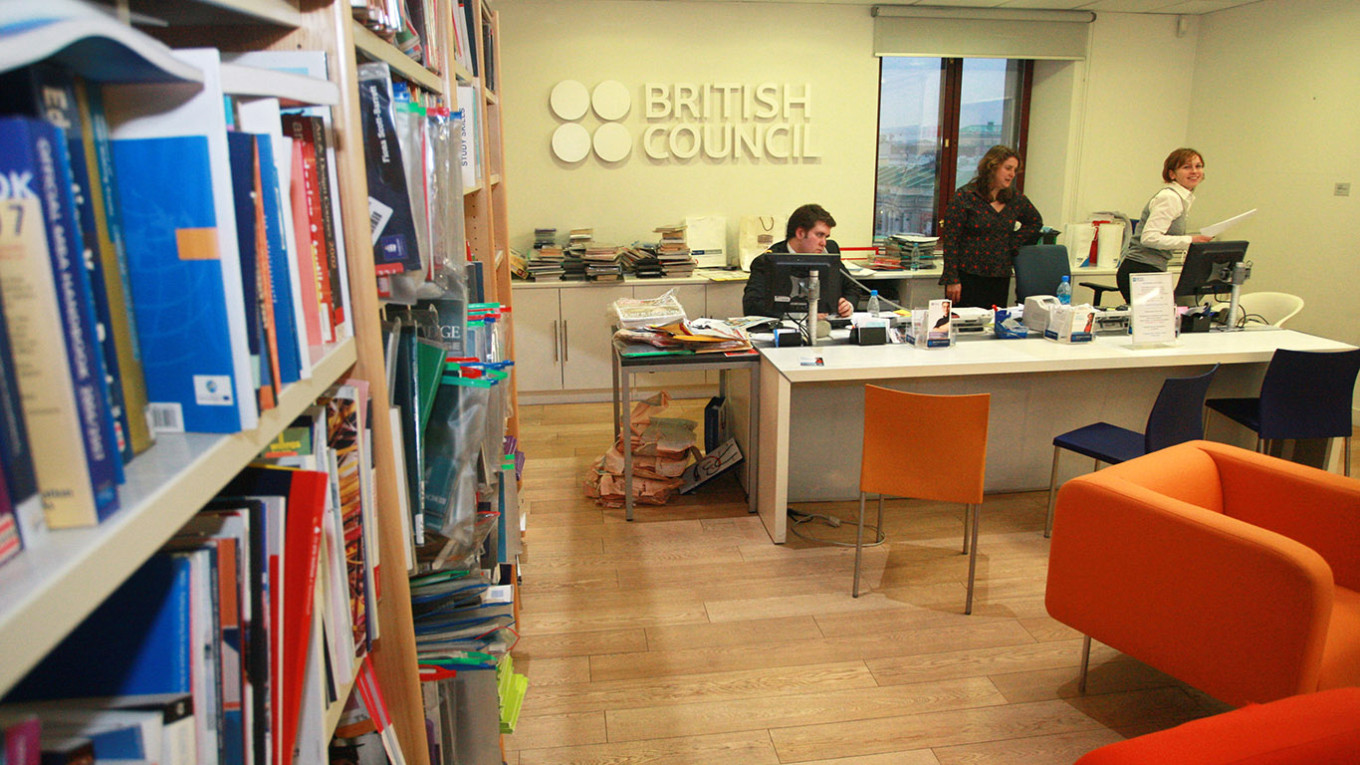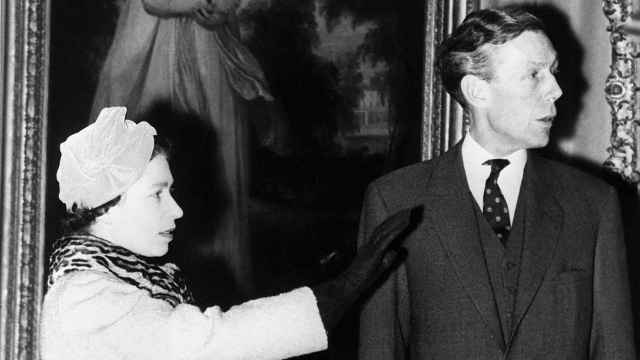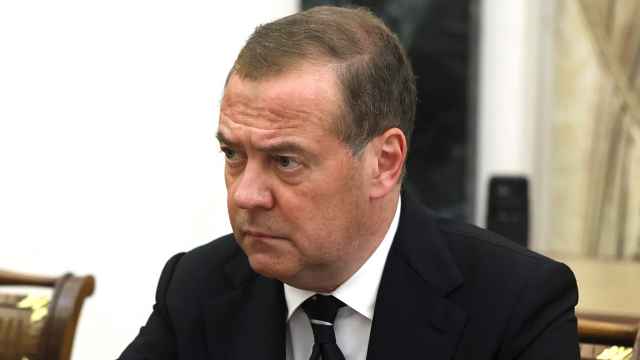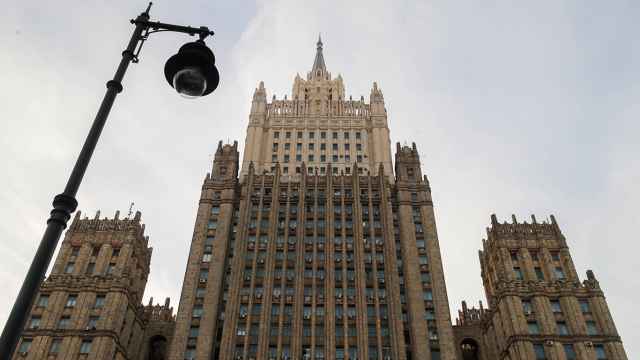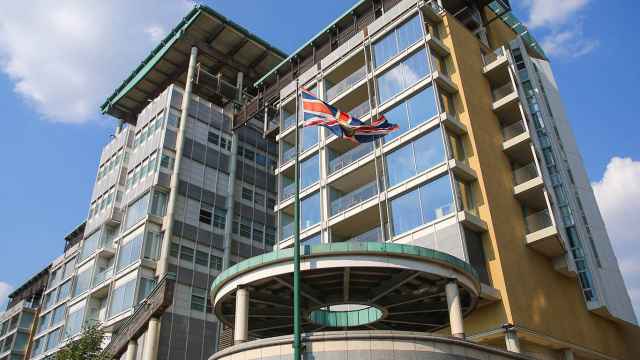Russia on Thursday declared the British Council an “undesirable organization,” a move that is likely to make it more difficult for Russian citizens to study and live abroad.
The British Council is one of the organizers of the International English Language Testing System (IELTS), one of the world’s most widely used academic English exams for non-native speakers.
By outlawing the British Council as “undesirable,” any cooperation with the organization is now illegal in Russia. Experts warn that this may also imply the British Council-administered IELTS test.
If they cannot prove their English proficiency with the IELTS exam, Russian students and scholars will face limited international academic opportunities, and those seeking to live and work in English-speaking countries will have difficulties getting a visa.
For example, IELTS results are accepted by United Kingdom Visas and Immigration as proof of English if a person wants to live, work or study in the U.K.
After the full-scale invasion of Ukraine in 2022, IELTS officially froze all exams in Russia, but many Russian citizens continue to take the exam abroad.
Under Russian law, participation in the activities of an “undesirable organization” can result in fines of up to 15,000 rubles for individuals ($189) for first-time offenses, warned Kovcheg (The Ark), a support group for anti-war Russians inside the country and abroad.
More seriously, payment for services — such as payment for English test exams — may be treated as financial support of such organizations, a criminal offense punishable by up to five years in prison.
Russia’s Prosecutor General accused the British Council of advancing British foreign policy “under the guise of teaching English” and of promoting the “LGBT movement,” which the Russian government recently designated as “extremist.”
The British Council has not yet commented on the designation.
The move is the latest in a series of measures targeting Western-affiliated institutions.
A Message from The Moscow Times:
Dear readers,
We are facing unprecedented challenges. Russia's Prosecutor General's Office has designated The Moscow Times as an "undesirable" organization, criminalizing our work and putting our staff at risk of prosecution. This follows our earlier unjust labeling as a "foreign agent."
These actions are direct attempts to silence independent journalism in Russia. The authorities claim our work "discredits the decisions of the Russian leadership." We see things differently: we strive to provide accurate, unbiased reporting on Russia.
We, the journalists of The Moscow Times, refuse to be silenced. But to continue our work, we need your help.
Your support, no matter how small, makes a world of difference. If you can, please support us monthly starting from just $2. It's quick to set up, and every contribution makes a significant impact.
By supporting The Moscow Times, you're defending open, independent journalism in the face of repression. Thank you for standing with us.
Remind me later.


